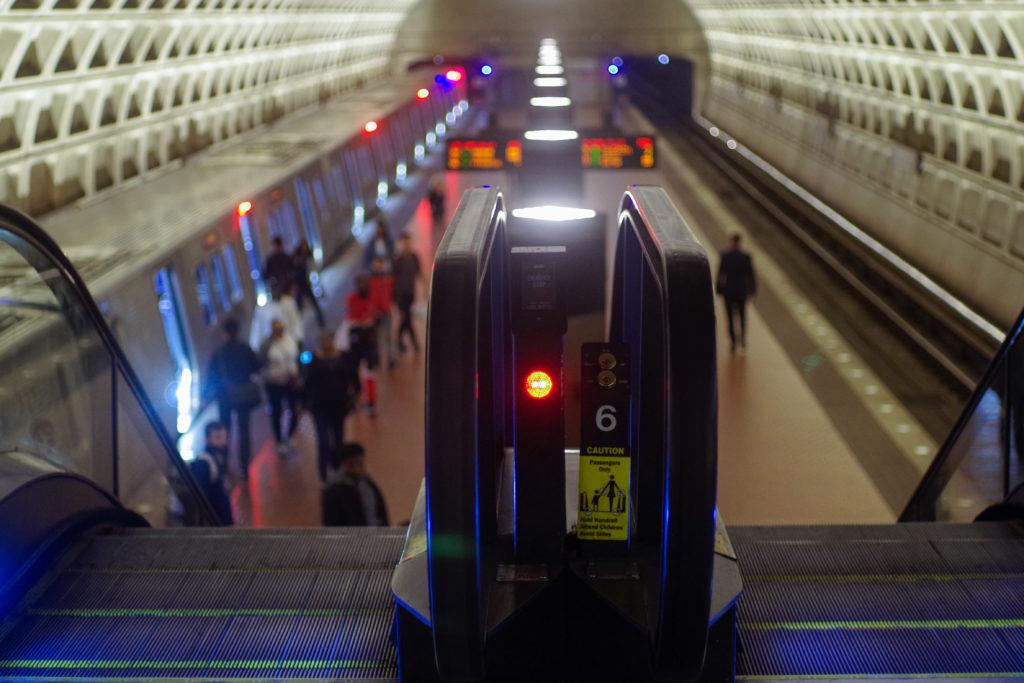The $900 billion federal relief package signed into law Sunday is set to help relieve Metro’s financial crisis and prevent some of the agency’s most severe proposed service cuts set to begin in July.
Of the $14 billion lawmakers allocated for U.S. transit systems in the bill, the D.C. area is projected to receive up to nearly $830 million in federal transportation funding. The Washington Post reported the funding could save Metro from some of its most devastating service cuts proposed last month, like eliminating weekend rail service, closing 19 stations and cutting bus routes in half in fiscal year 2022.
“In this new COVID-19 relief deal, I’m proud to announce we’ve secured $800+ million in relief for public transit for the DC-VA-MD region – funds I’ve been fighting for,” Sen. Mark Warner, D-Va., said in a tweet last Monday. “Ensuring public transit services survive this crisis is essential for the federal gov’t & frontline workers.”
Michael Goldman, a member of Metro’s Board of Directors, told The Post that the federal package should be “more than enough” for the agency to avoid the most drastic cuts if Warner’s projection is correct, although officials have not yet stated which cuts they would prioritize eliminating.
Goldman told The Post that Metro should receive about $700 million in federal stimulus, based on the amount the agency received from first distribution of federal transportation aid earlier this year. The initial aid has been assisting the agency’s finances but is expected to run out by March, according to The Post.
Before Metro receives its share of federal relief, Goldman said funding for the D.C. area would first need to be split among several other local agencies like the Virginia Railway Express, which he expects to receive $100 million combined, The Post reported.
Goldman said Metro should maintain its current service levels until June, with rail service and bus service standing at 50 and 75 percent of pre-pandemic capacity, respectively.
The FY22 cuts would drop those numbers down to 20 and 45 percent, respectively, according to DCist.
DCist reported that although the stimulus could help the agency stave off its cuts, the package’s $14 billion allocation for transit systems still pales in comparison to the $32 billion that industry groups like the American Public Transit Association predict is necessary to keep them afloat.
Ian Jannetta, a spokesperson for Metro’s General Manager and CEO Paul Wiedefeld, told The Post that agency officials will “advise” how much aid Metro may receive when they read the final language of the bill. The Post reported that Wiedefeld has previously stated that Metro needs at least $500 million to maintain current service levels for FY22.
Metro’s budget documents show that the proposed cuts for FY22 will save about $343 million.
Metro officials hope the federal relief will help save the agency from a $671 budget deficit from March through the next fiscal year, which the stimulus could help eliminate.







